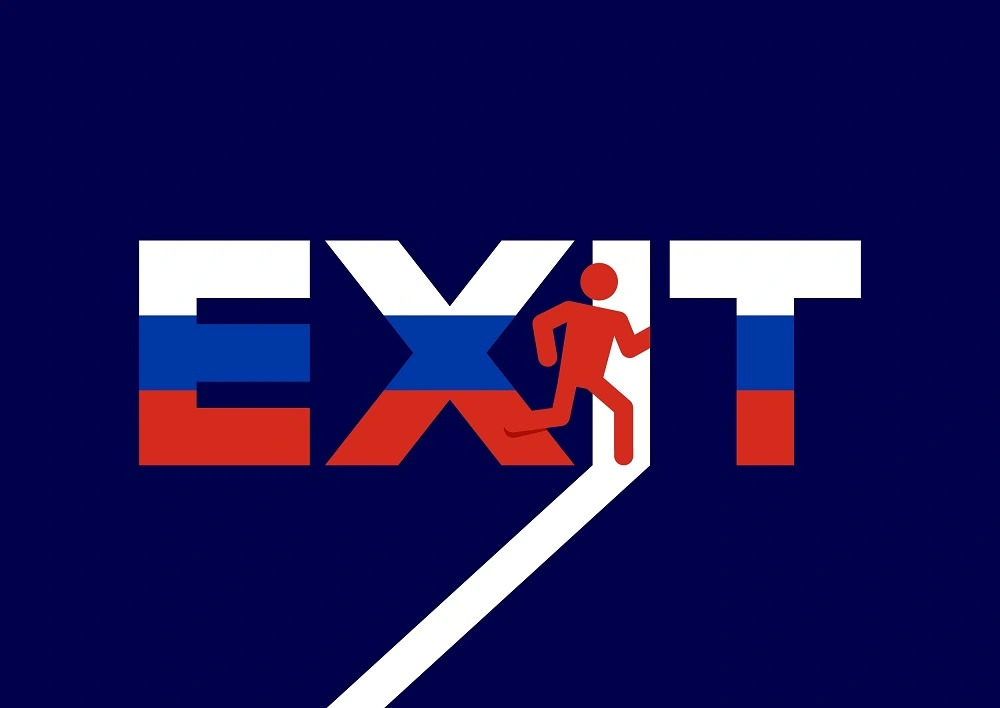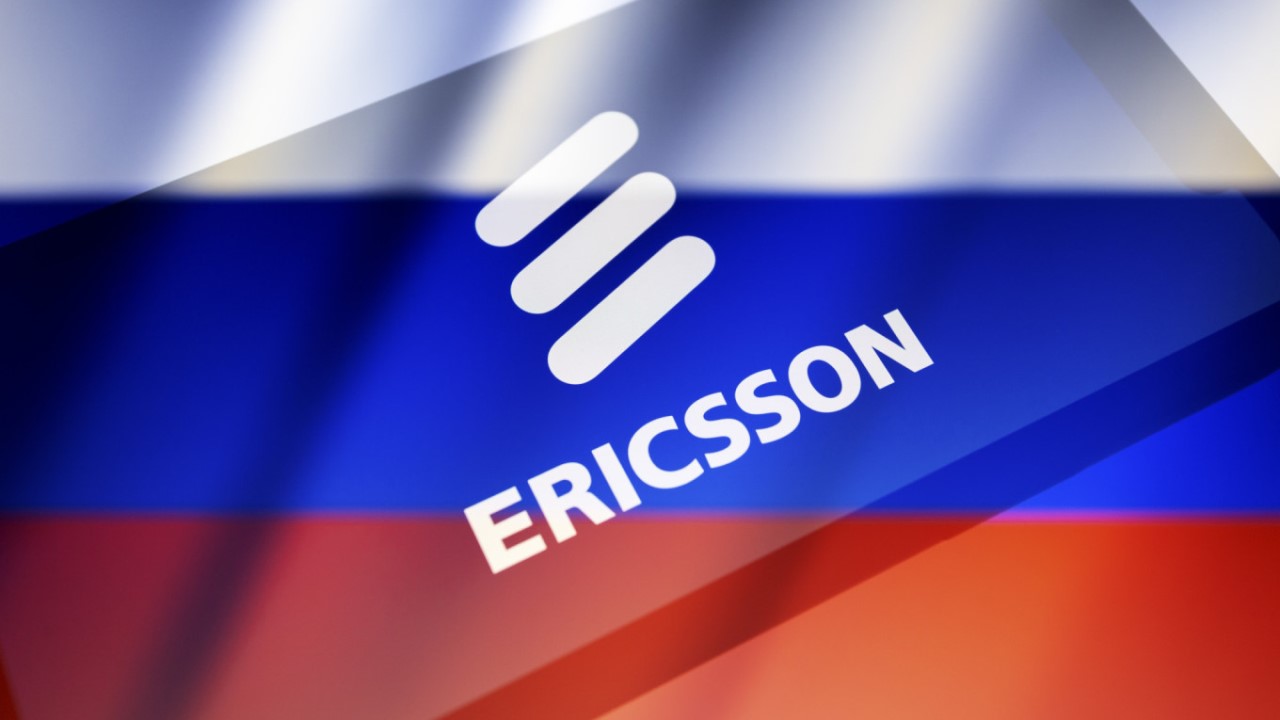According to the news of the Russian-based newspaper Kommersant, Ericsson, one of the first companies that come to mind when it comes to telecommunication, is leaving Russia. According to unnamed sources of the newspaper, the Swedish company took this decision at the headquarter.
Stockholm-based telecommunication giant will close with a smooth transition so that Russian employees are not affected in line with this decision. So much so that with the war between Russia and Ukraine, most big companies closed their Russian offices immediately as sanctions against Russia.
With Ericsson leaving Russia, 565 employees will be dismissed
Noting that Ericsson has 565 employees in Russia, Russian newspaper Kommersant stated that these employees will be laid off gradually. But Ericsson, a corporate and respected European company, will probably not victimize any of its employees.
It is likely that Swedish telecommunication giant will encourage some of these employees to work in other offices in various countries. In addition, Kommersant stated that Ericsson has promised financial and social support for these 565 employees.

Ericsson had major contracts with Russian mobile operator giants MTS and TL2 prior to the Russia-Ukraine war. Ericsson’s share of the Russian telecom equipment market is thought to be around 20%. This shows how important Russia actually is to Swedish telecommunication company.
Another data confirming that this move by Ericsson is actually a necessity is the embargo placed on Ericsson. Russia’s state-owned defense and technology giant Rostec has excluded Ericsson base stations from the scope of warranty. In this context, Rostec will not provide software support other than technical support to Swedish telecommunication giant’s products.

Finland’s Nokia, one of Ericsson’s biggest rivals, withdrew from Russia as soon as the Russia-Ukraine war started. Chinese telecom giant Huawei, on the other hand, temporarily suspended its employees from taking new orders.
What do you think Russia is aiming at by limiting big companies’ range of action? In the long run, will this harm the Russian people or the companies it pressures? Please share your ideas with us in the comments!













